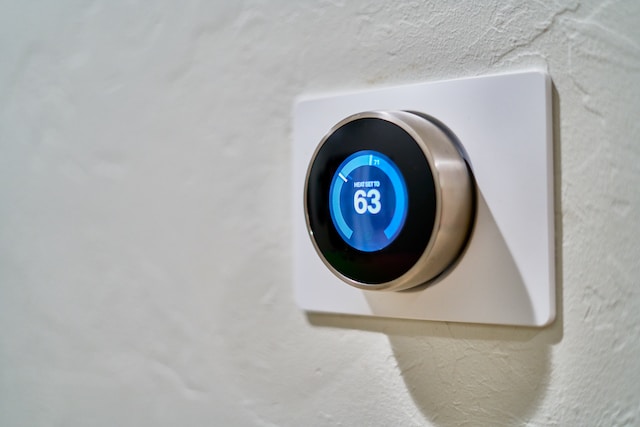When homeowners seek to create a comfortable and functional living space, they often overlook the proper care and maintenance of their HVAC system. This can extend its lifespan, reduce energy costs, improve air quality, and minimize breakdowns. In this article, we provide practical tips and expert advice on how to maximize the efficiency and longevity of your HVAC system.
Understand Your HVAC System
Never overlook the importance of regular maintenance or fail to recognize the signs of potential problems. You should familiarize yourself with the components of your HVAC system (e.g. the furnace, air conditioner, and ductwork).
Understanding how it all operates allows you to make more informed decisions about upgrades or repairs. You can assess whether an older unit needs replacement, or if it can be improved with some simple adjustments. Being knowledgeable about your HVAC system will help you communicate effectively with technicians during servicing. This ensures that your system receives optimal attention and care, further prolonging its longevity.
Arrange Professional Inspections and Tune-Ups
These routine check-ups can uncover minor issues before they turn into major problems – saving you time and money in the long run. Professional inspections provide an opportunity to address any specific concerns or questions you may have. You can gain valuable insights into best practices for maintenance. You can also learn about new technologies that could further optimize your system’s performance.
It’s possible to discover professional services and learn more about them, by viewing specialist websites. The people who visit www.centralhtg.com confirm the need for help with furnace and boiler installation, repairs, and servicing. You can also receive assistance with mini-split systems, indoor air quality solutions, and zoning system installation.
Perform Regular Maintenance and Cleaning
This can extend the system’s lifespan, and ensure it operates at peak efficiency. One key aspect is changing the air filters every 1-3 months (as outlined in the user’s manual). This can help to maintain good airflow and reduce strain on the system.
It’s also wise to arrange professional HVAC maintenance at least once each year. A qualified technician can inspect and clean crucial components (e.g. coils, blower motors, and condensate drains). This can improve the performance of your system and help highlight any potential problems.
Upgrade to Energy-Efficient Equipment
This could be a game-changer for your home’s HVAC system. It could help reduce your carbon footprint, whilst significantly lowering your utility bills. Why not invest in high-efficiency furnaces, air conditioners, and heat pumps? This way, you can enjoy improved performance and lower maintenance costs in the long run.
Energy-efficient equipment often comes with advanced features, such as programmable thermostats and smart controls. These allow for precise temperature regulation and customizable settings. This level of control enhances comfort and also adds convenience to your daily life. Opting for eco-friendly HVAC systems demonstrates a commitment to sustainability. At the same time, you can reap the benefits of decreased energy consumption.

Monitor and Control Indoor Humidity Levels
Excessive humidity can lead to mold and mildew growth – which compromises air quality and puts strain on your HVAC system. Regularly monitoring and controlling indoor humidity levels can prevent these issues. In turn, you can minimize the need for maintenance and repairs for your HVAC system.
A dehumidifier is an appliance that helps to regulate moisture levels in the air. This prevents the excessive dampness that can wreak havoc on your HVAC system. Additionally, you should invest in a smart thermostat with humidity-control capabilities. This enables you to easily monitor and adjust the humidity settings, to match the specific needs of your home environment.
Protect the Outdoor Unit from Debris and Weather
Leaves, twigs, dirt, and other outdoor debris can easily accumulate around the unit. This can obstruct airflow and impact its efficiency. You should regularly remove this debris and keep the area around the unit clear. As a result, you can significantly extend its lifespan.
Adverse weather conditions (e.g. heavy rain, snow, or extreme heat) can also take a toll on your HVAC system. Consider investing in a protective cover that’s specifically designed for your outdoor unit. This will be able to shield it from these elements. Thanks to this extra layer of defense, you can minimize wear and tear, and help maintain optimal performance.
By implementing the advice provided in this article, you can significantly prolong the life of your home’s HVAC system. Provide regular inspections and maintenance, and involve professional services when required. This can ensure that your HVAC system continues to provide comfort and efficiency for your home, well into the future.

